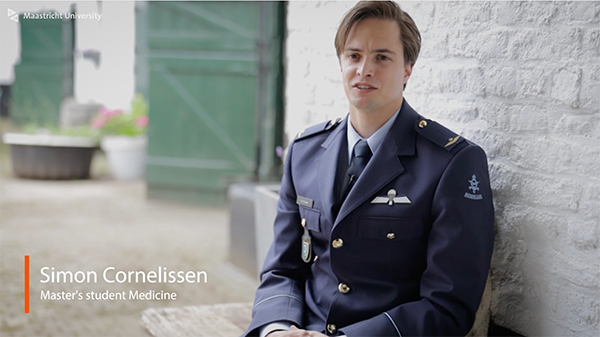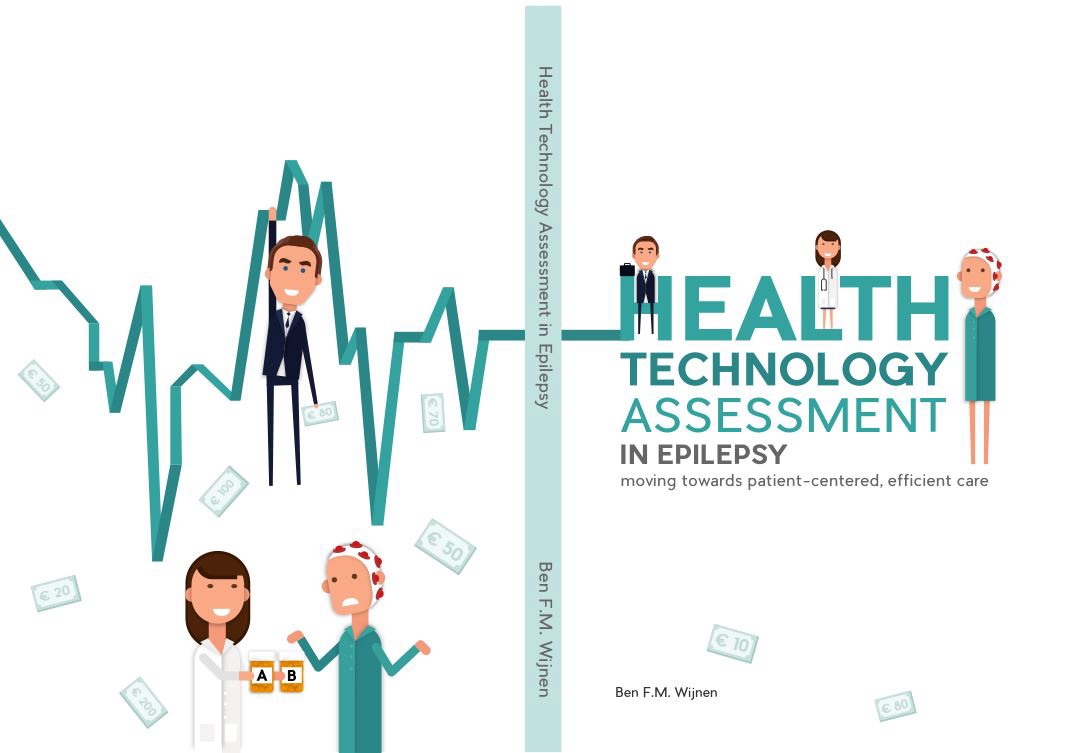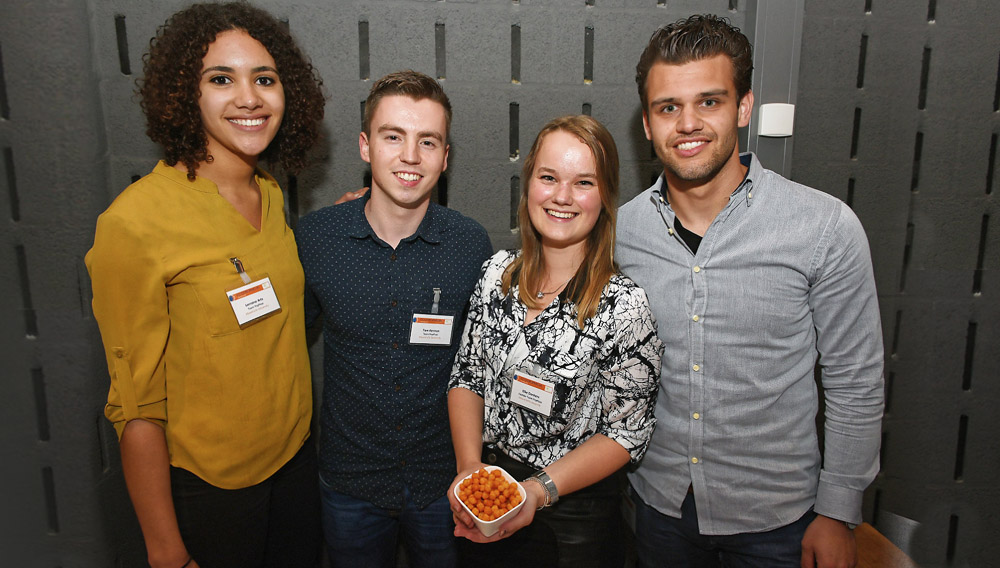News
-
Simon Cornelissen isn't only attending the master's programme in Medicine. In addition to his busy curriculum, he is also an ensign with the Dutch Ministry of Defence and a working student at the Defensity College. Watch the video.
-
15 organisations involved in animal testing in the Netherlands have signed the Dutch Transparency Agreement on Animal Testing with a commitment to communicate in a more open way about how animals are used in research. This agreement was drafted by various Dutch researchers in collaboration with the...
-
The UM research institute GROW and the Maastricht UMC+ Oncology Centre and have together been accredited as a Comprehensive Cancer Centre by the Organisation of European Cancer Institutes (OECI).
-
The CaRe Award 2018 has been awarded to Ben Wijnen. Wijnen won the prize for his PhD dissertation Pleidooi voor betere meetinstrumenten voor mensen met epilepsie; zelfmanagement bij patiënten met epilepsie kosteneffectief (‘Call for better measurement instruments for people with epilepsy: self...
-
Two UM publications present evidence for relationship between cardiovascular diseases and cognitive decline (MUMC+ press).
-
The three student teams from the master's Health Food Innovation Management (Campus Venlo) who dominated the preliminary rounds a few weeks ago, drew the first, second and third place in the semi-finals of the Ecotrophelia food innovation contest.
-
Milena Pavlova has received the AXA Award of € 250,000 for her overall research achievements. Milena works at the Department of Health Services Research as Associate Professor of Health Economics and was granted the AXA Award for her overall research achievements.
-
Posting of workers has become a common phenomenon in the EU. Since the mid-1990’s it is regulated by the Directive on posting of workers (96/71/EC). The directive aims at striking a balance between the freedom to provide services on the one hand and the protection of workers, the persons who...
-
Patients suffering from Parkinson's disease showed no deficits in their ability to recognise emotions, while this ability was expected to be compromised.






